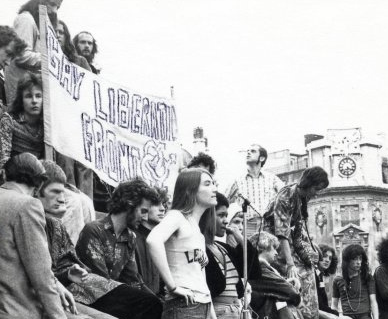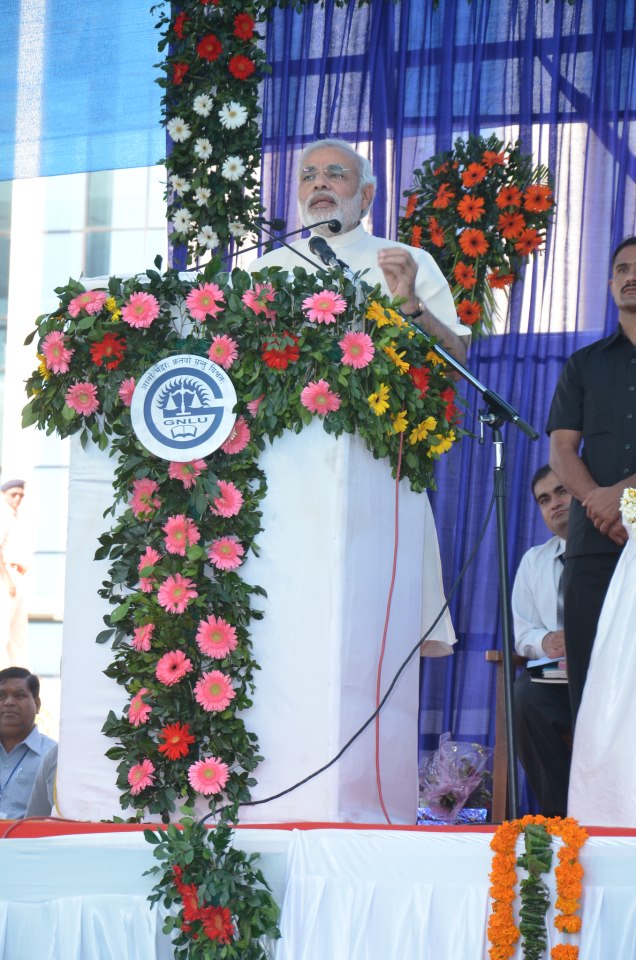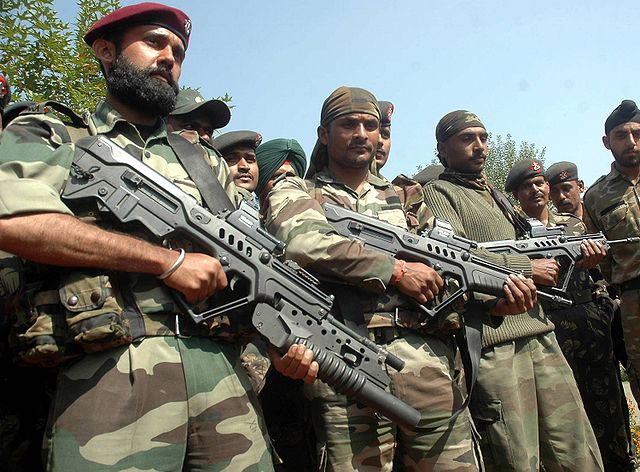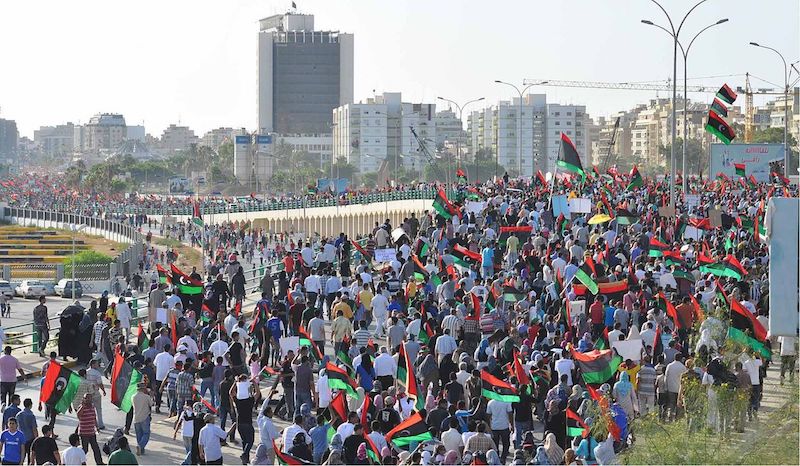Today – June 28th, 2018, marks 50 years since the Stonewall
NYC Mayor, John Lindsey, launched a crackdown on gay bars in the summer of 1969. In the early morning hours of June 28th, 1969, NYPD police officers raided the Stonewall Inn, a small, mafia-run bar located on Christopher Street
Yet, there was something unusual about the raid on June 28th. The raid began as most did, with police officers entering the building, arresting employees, and throwing the customers onto the street. The crowd outside Stonewall was growing at a rapid rate. The energy was heightened, with everyone cheering each time a patron was forced from the bar. People were laughing and joking around, reports Robert Bryan, who arrived at the scene following the raid. However, Bryan accounts, the festive mood shifted after a drag queen was attacked by a police officer after hitting him with her purse. Following this, the police officers retreated back to Stonewall and began beating
Following wide-spread media coverage
Perhaps one of the most important impacts of the Stonewall Inn riots was the creation of the Gay Liberation Front (GLF). On October 13th, 1970, one year after the creation of the GLF in New York, another branch was created in London. It was composed of merely 19 people meeting in a basement at the London School of Economics. However, the GLF moved on and grew to become a defining feature of the gay rights movement. In a newsletter from 1970, the GLF stated their shared goal of radical idealism, “The Gay Liberation Front is a militant coalition of radical and revolutionary homosexual men and women committed to fight the oppression of the homosexual as a minority group and to demand the right to the self-determination of our own bodies.” They believed in freedom from hate and oppression and, more specifically, freedom from homophobia. The GLF revolution embodied the notion of non-violence. It questioned and
In the decade that followed the first gay-pride march, the federal exclusions on lesbians and gays were lifted and medical centers overturned their long-held belief that homosexuals needed psychiatric treatment. However, gay marriage was not recognized federally in the United States until 2015. Even now in 2019, there are still significant barriers that need to be broken. Gay people are still at risk of being fired in many U.S. states and members of the LGBTQ community continue to face social ostracism, discrimination, and even violence. David Carter, author of Stonewall: The Riots that Sparked the Gay Revolution, affirmed that it is “very rare in human history that something that’s a totally spontaneous act changed the course of human history for the better.” The Stonewall Riots has impacted generations, and its stories of courage and might will continue to spark inspiration and drive for generations to come.
Disclaimer: Any views or opinions expressed in articles are solely those of the authors and do not necessarily represent the views of the NATO Association of Canada.
Featured Image: Members of the Gay Liberation Front (GLF) protesting at Trafalgar Square in Central London. (2012) via Wikimedia. Public Domain.




